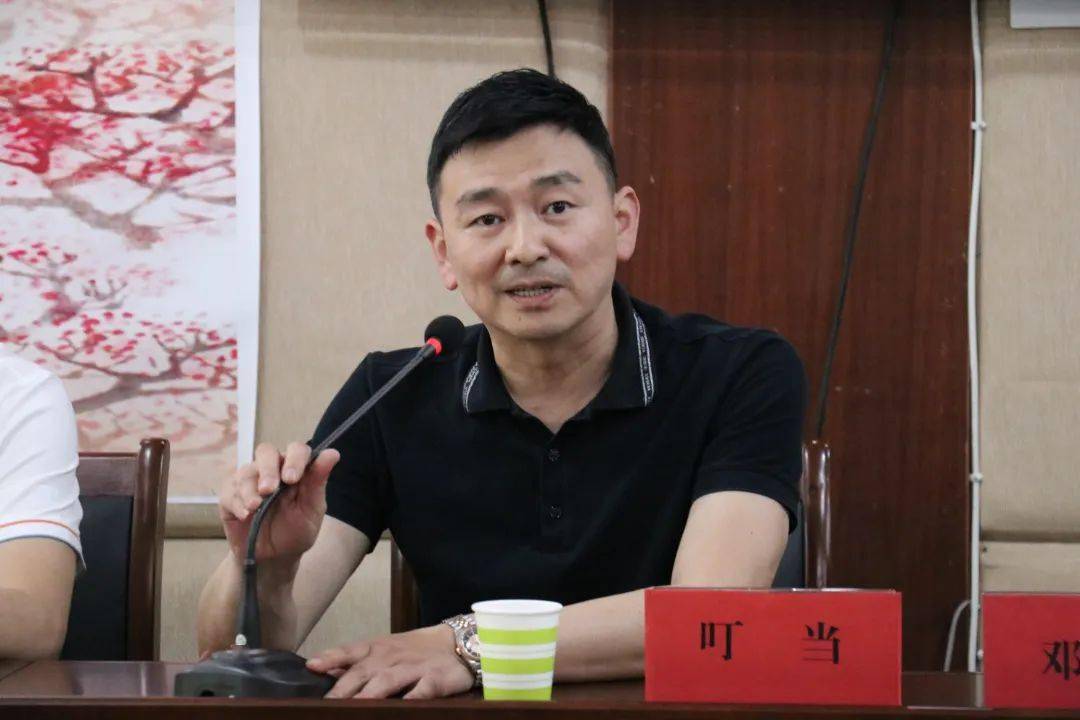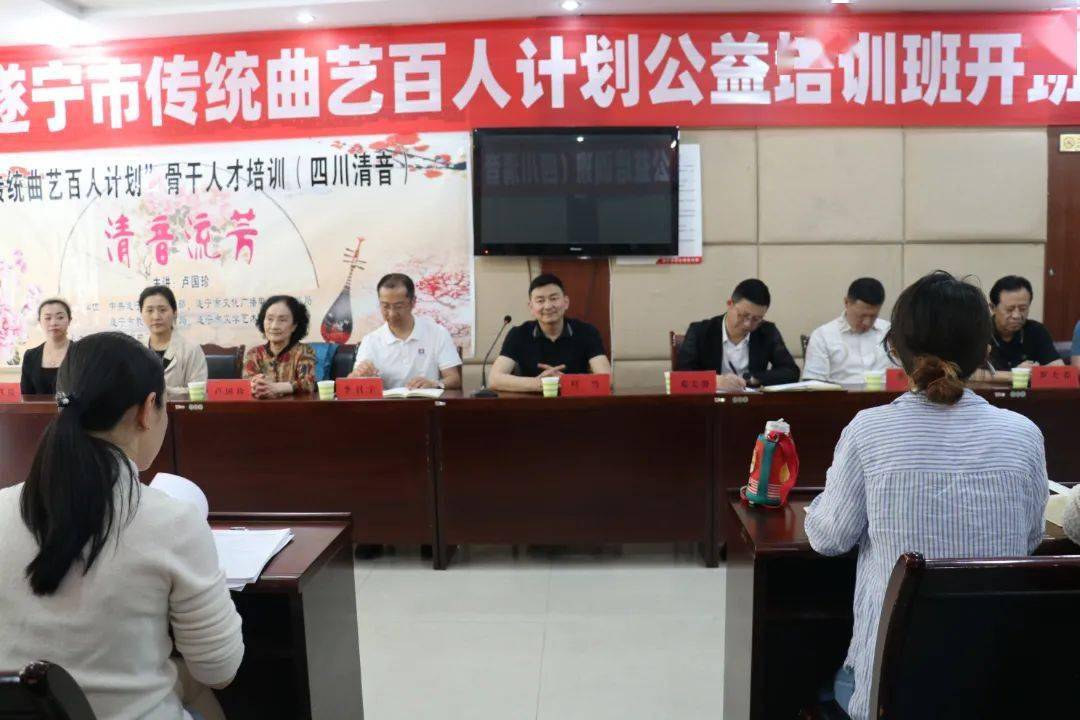The Hometown of Chinese Quyi: The Public Welfare Training Course of the Hundred Talents Program of Traditional Quyi Officially Started
On March 17, the 2022 Suining Traditional Quyi Hundred Talents Program Public Welfare Training Course officially opened. At the opening ceremony, Ding Dang, the vice chairman of the China Quyi Artists Association, the vice chairman of the Provincial Federation of Literary and Art Circles, and the chairman of the Provincial Music Association, was invited to attend.

It is reported that there are currently more than 60 students in the public welfare training class of the Traditional Quyi Hundred Talents Program, which is composed of literary and art backbones from Suining and Tongnan, school teachers and some folk art lovers. The training class currently offers four categories of Quyi, Sichuan Qingyin, Qianjinban, Zhuqin and Yangqin, and will carry out one-year training.
The training invited the national-level Sichuan Zhuqin intangible inheritor Luo Dachun, the provincial Sichuan Qingyin non-genetic inheritor Lu Guozhen, the national first-class actor, the Sichuan Yangqin young actor Hu Lijia, the national second-class student, and the Sichuan Qianqianban young actor. Teacher Lei Feixia teaches.

As the hometown of Chinese folk art, Suining has always attached great importance to the inheritance and development of folk art. In recent years, Suining has started from the creation of high-quality drama programs and talent training, and organized excellent folk art programs to carry out tours and other benefit performances in the city to meet the needs of the people's cultural life. The Suining Quyi team also created and performed a number of excellent works, such as Sichuan Qingyin "New Branch of Willows", Qianban "Strong Men Going Out of Sichuan", Quju "Peach Willows Fight for Spring", etc., and achieved excellent results in the whole province.

 渝公网安备 50010702504639号
渝公网安备 50010702504639号